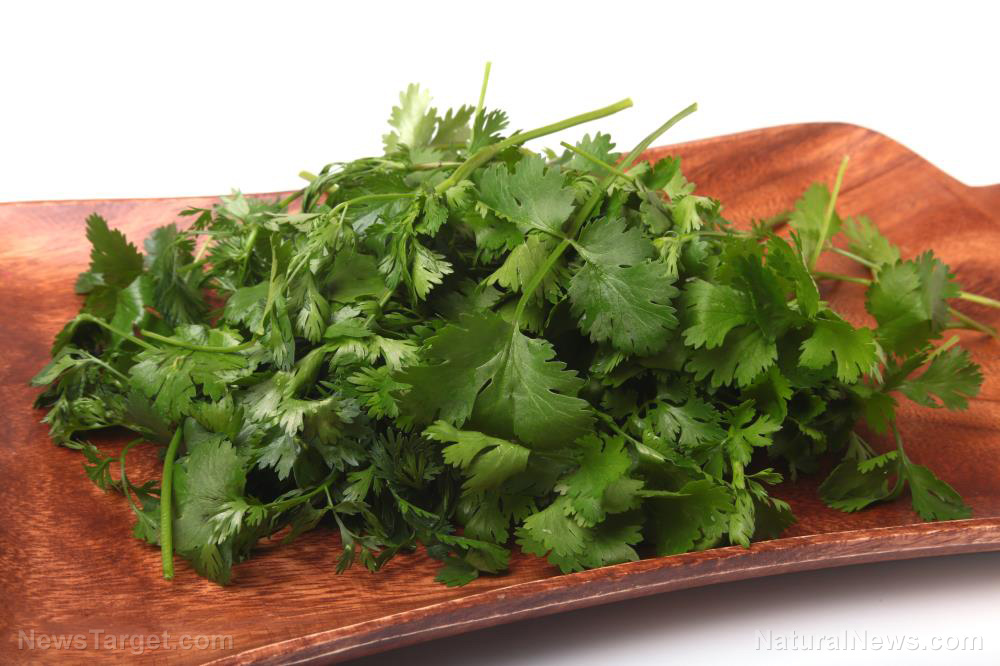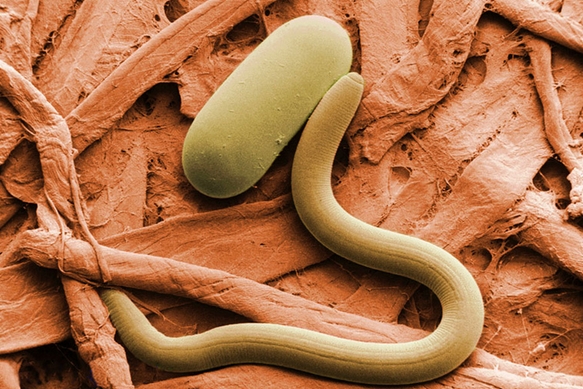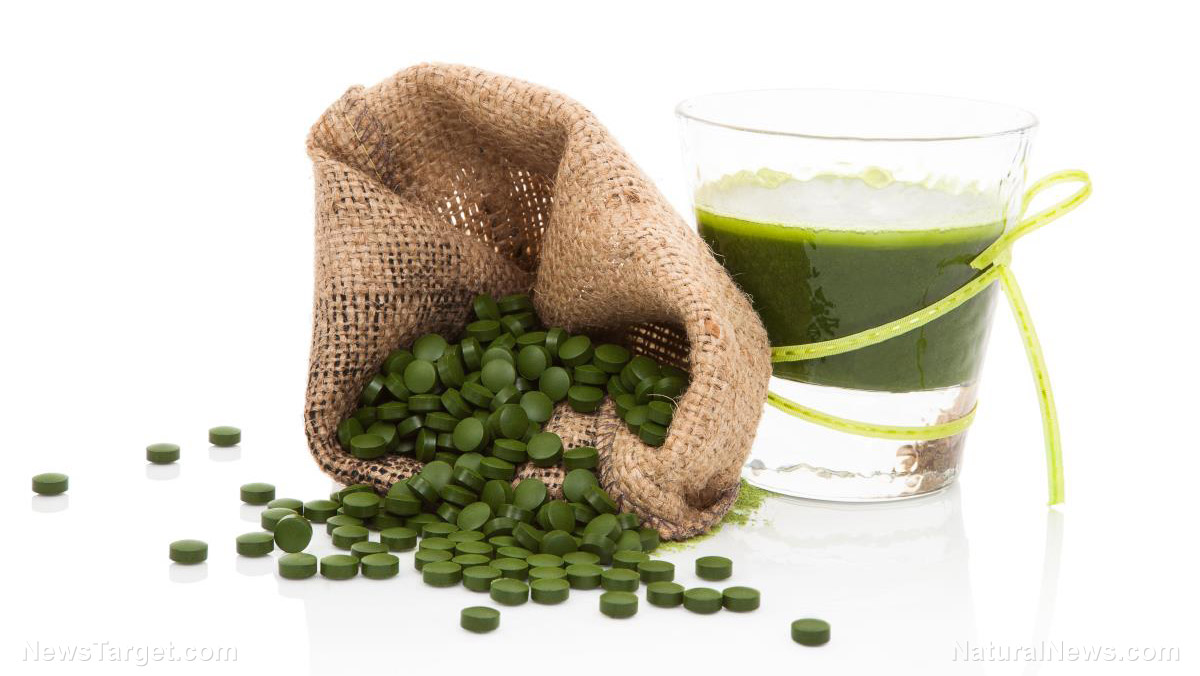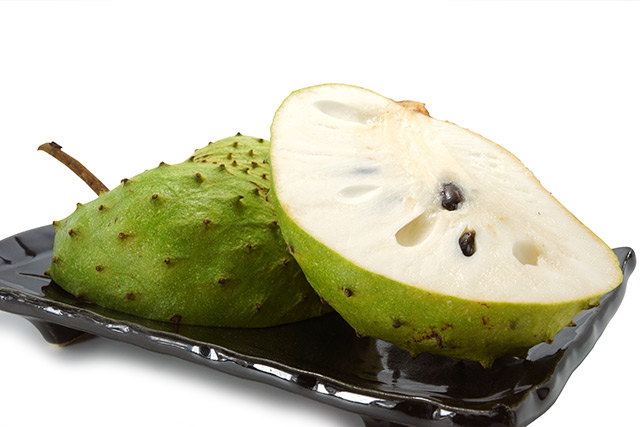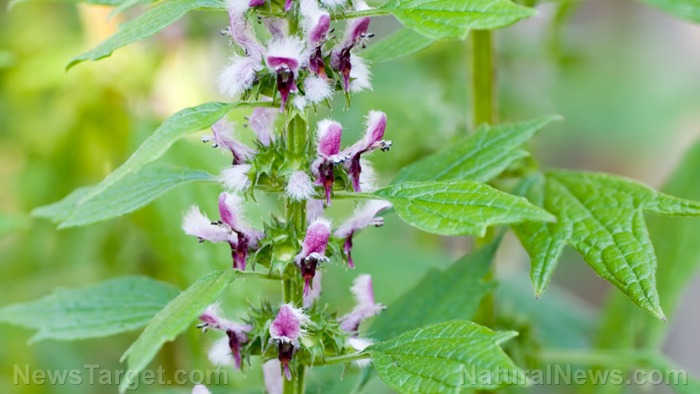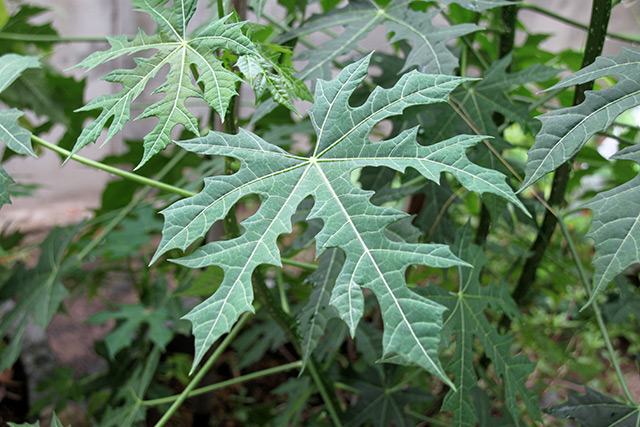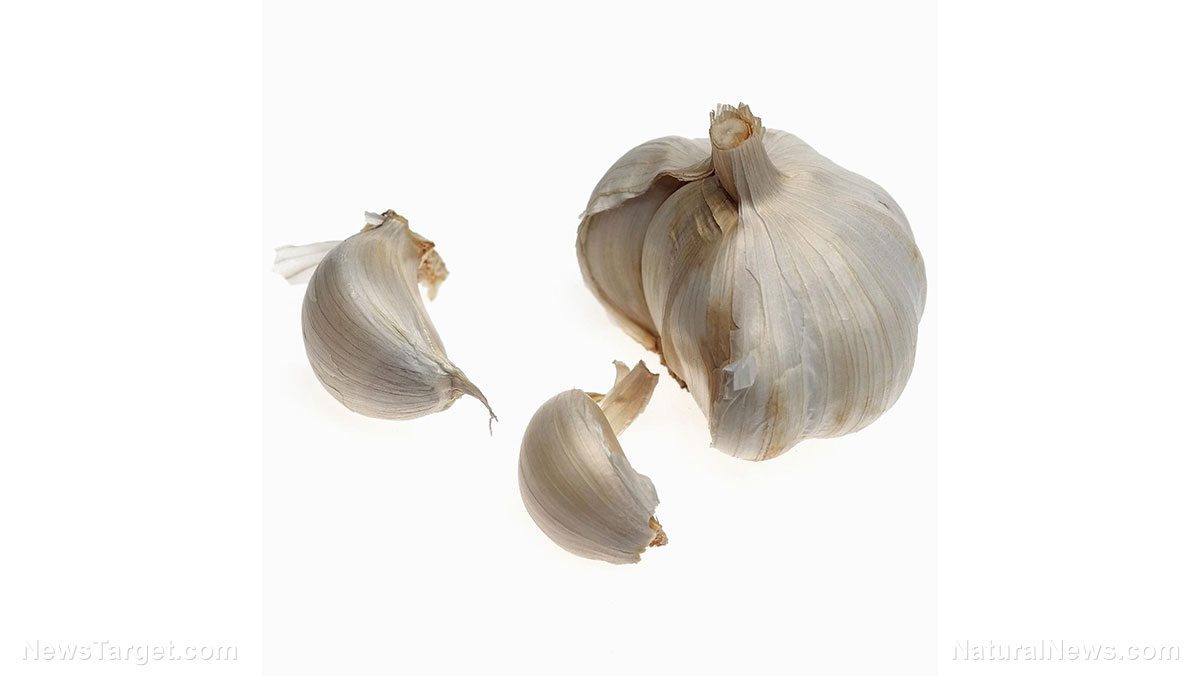Compound found in brown algae and sea cucumber found to inhibit formation of skin cancer and promote cancer cell death
10/16/2018 / By Zoey Sky

Aside from being used in Asian cuisine, scientists have discovered that brown algae and sea cucumber contain fucoidan (sulfated polysaccharide) that can inhibit cancer cell growth and tyrosinase in in vitro studies.
The group of researchers from China believes that the findings on the “effect of fucoidan on B16 murine melanoma cells” can be used to advance research on how fucoidan can halt melanin growth. For the study, the researchers looked into the “anti-melanogenic effect of fucoidan and its inhibitory effect on B16 cells.”
Using spectrophotometric methods and protein expression analyzed by immunoblotting, researchers studied the effects of fucoidan on B16 melanoma cells and cellular tyrosinase (the key enzyme used in melanin synthesis). The cell counting kit-8 assay measured cell viability, and cellular tyrosinase activity and melanin content were also studied.
Flow cytometry was utilized to determine apoptosis (programmed cell death) and morphological changes in B16 melanoma cells were studied through phase contrast microscopy.
What is melanin?
Melanin synthesis is defined as “the most important function and differentiation characteristic of melanocytes.” Melanin shields the skin from ultraviolet radiation damage, but too much melanin or an “uneven distribution” can result in chloasma (dark skin coloration), freckles, and post-inflammatory hyperpigmentation. To remedy these conditions, whitening agents are used in cosmetics.
The melanin synthesis pathway is a complicated process controlled by enzymes like “tyrosinase, tyrosinase-related protein-1, and tyrosinase-related protein-2. Tyrosinase hydroxylates (the introduction of a hydroxyl group into a compound or molecule) tyrosine to form 3, 4-dihydroxyphenylalanine (DOPA), which is eventually oxidized to dopamine quinone and dopachrome.
The power of the elements: Discover Colloidal Silver Mouthwash with quality, natural ingredients like Sangre de Drago sap, black walnut hulls, menthol crystals and more. Zero artificial sweeteners, colors or alcohol. Learn more at the Health Ranger Store and help support this news site.
Tyrosinase is an essential enzyme that catalyzes the rate-limiting step of melanin biosynthesis, or the production of complex molecules among living organisms. Due to this, research on whitening agents is focused on tyrosinase inhibitors.
An earlier study has determined that fucoidan inhibits “cell-free tyrosinase activity” and that interacts with residues such as copper ions in the active site. For this study, researchers looked into the effect
of fucoidan on melanin formation in melanoma, which can generate positive results. (Related: Why algae can fundamentally solve your health problems.)
Based on earlier studies, tyrosinase activity is necessary for whitening, with fucoidan as a major inhibitor. While fucoidan significantly suppressed tyrosinase activity via mixed inhibition, polysaccharides or fucoidan was also capable of anti-tumor activity.
Fucoidan demonstrated surprising “inhibitory effects” on metastasis, angiogenesis, and growth suppression for several types of cancer cells like “human breast cancer cells, HT-29 colon
cancers, and HS-sultan human lymphoma cells.” For this study, results showed that fucoidan can boost the rate of melanoma cell apoptosis.
And since melanin was “beneficial for apoptosis,” cells can be activated to manage the melanin synthesis pathway for the production of more melanin. This can increase (or up-regulate) tyrosinase expression. The up-regulated tyrosinase protein can then be triggered to enable the production of melanin.
The study determined that fucoidan, which possesses both anticancer activities and is a tyrosinase inhibitor, hinders the biological activity of tyrosinase and minimizes melanin content. The researchers hope that the results of their study can be used to further studies on skin cancer and how it can be treated.
They presented their major findings as such: fucoidan inhibits the proliferation of B16 melanoma cells, and fucoidan up-regulates tyrosinase expression. It also inhibited B16 murine melanoma cellular tyrosinase activity, and findings confirmed that the inhibition of B16 murine cellular tyrosinase was more significant compared to cell-free mushroom tyrosinase in an earlier report. Aside from inducing melanin cell apoptosis, fucoidan proved to be an effective whitening agent since it can inhibit extracellular tyrosinase.
Foods rich in fucoidan
Aside from inhibiting the growth of B16 melanoma cells, foods rich in fucoidan can boost your immune system to help it fight off infections and diseases. Foods that contain fucoidan include:
- Kombu — An excellent source of fucoidan and iodine, kombu “promotes thyroid function.” Kombu is also full of nutrients that improve “organ function, immunity, muscle agility, and general wellness.”
- Wakame — Aside from fucoidan, wakame contains dietary fiber that eases digestive processes and eases digestive conditions like constipation. This means wakame can also help individuals lose weight. Wakame contains a compound called fucoxanthin that prevents fat accumulation in the cells. This compound stimulates fat oxidation in the body.
You can learn more about other cancer-fighting foods at SuperfoodsNews.com.
Sources include:
Journals.CFA.ca[PDF]
Tagged Under: brown algae, fucoidan, functional food, healing food, Melanogenesis, melanoma, nutrients, nutrition, Sea cucumber, skin cancer, Tyrosinase





